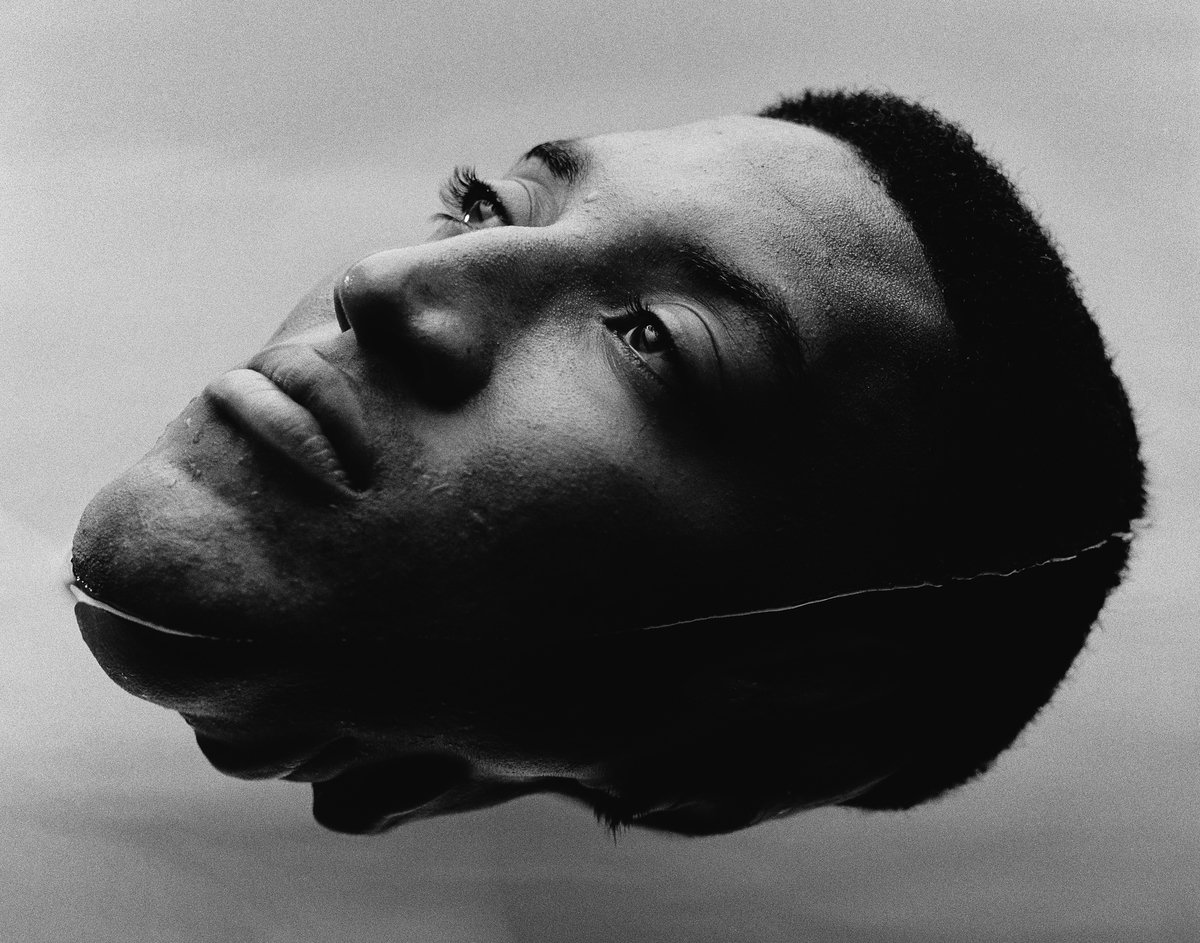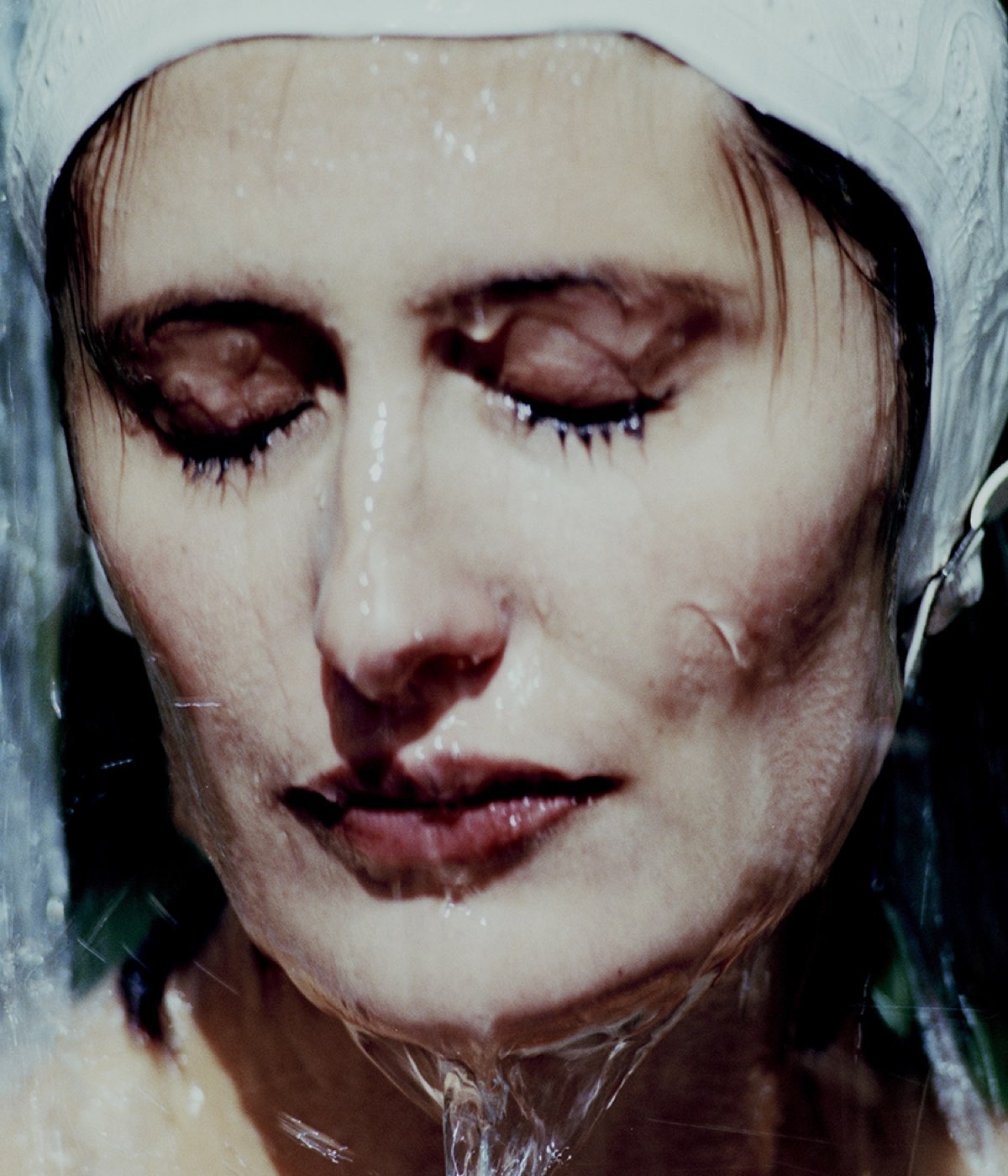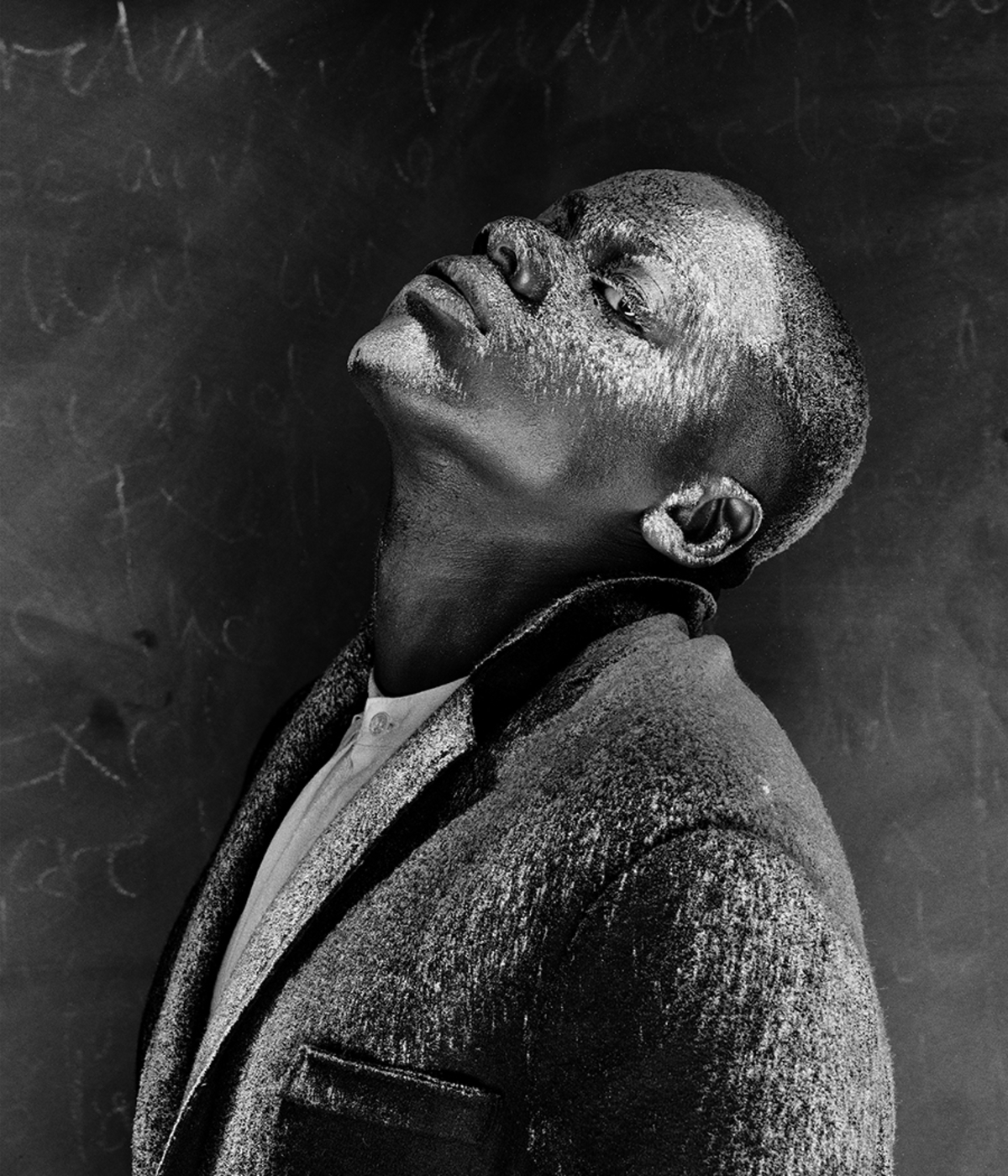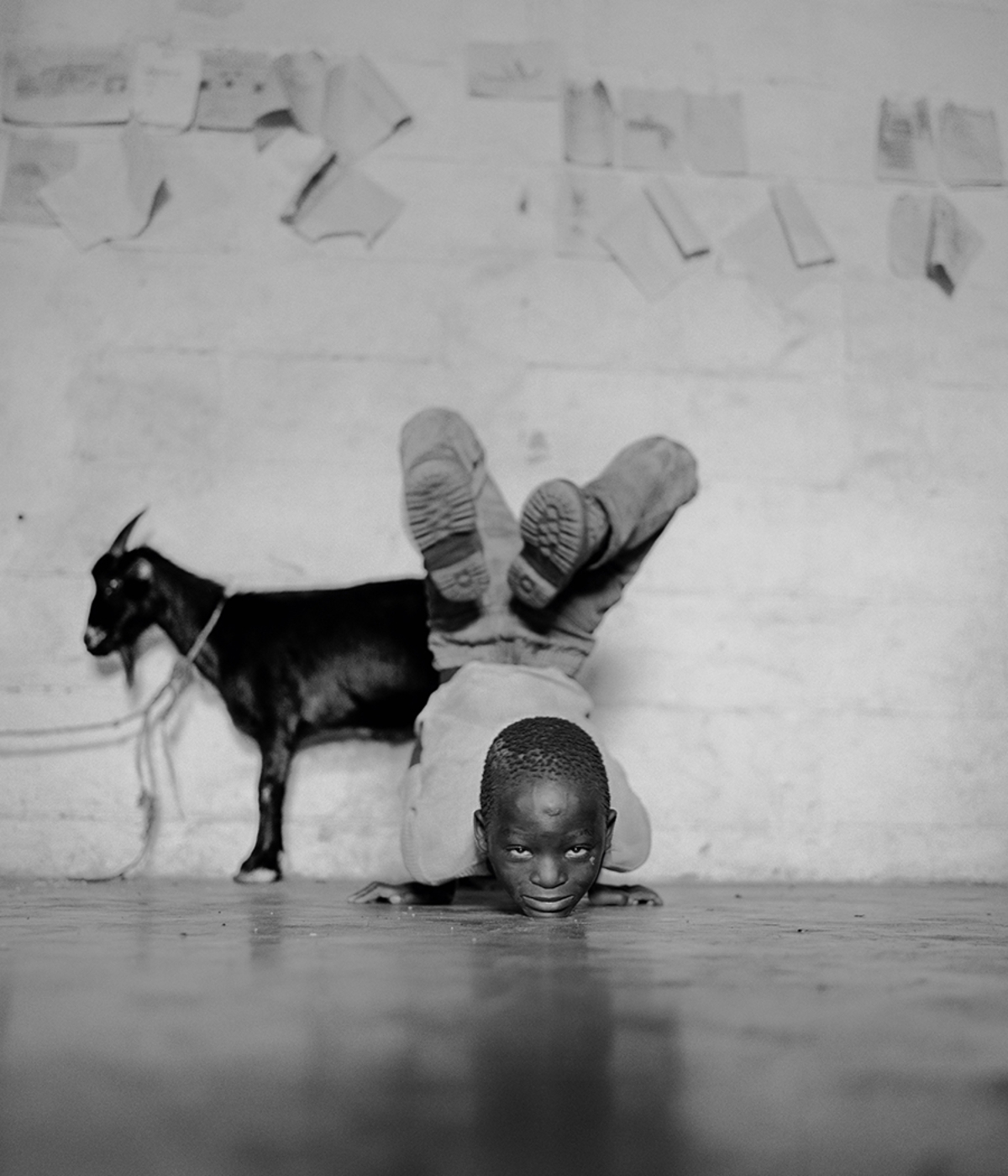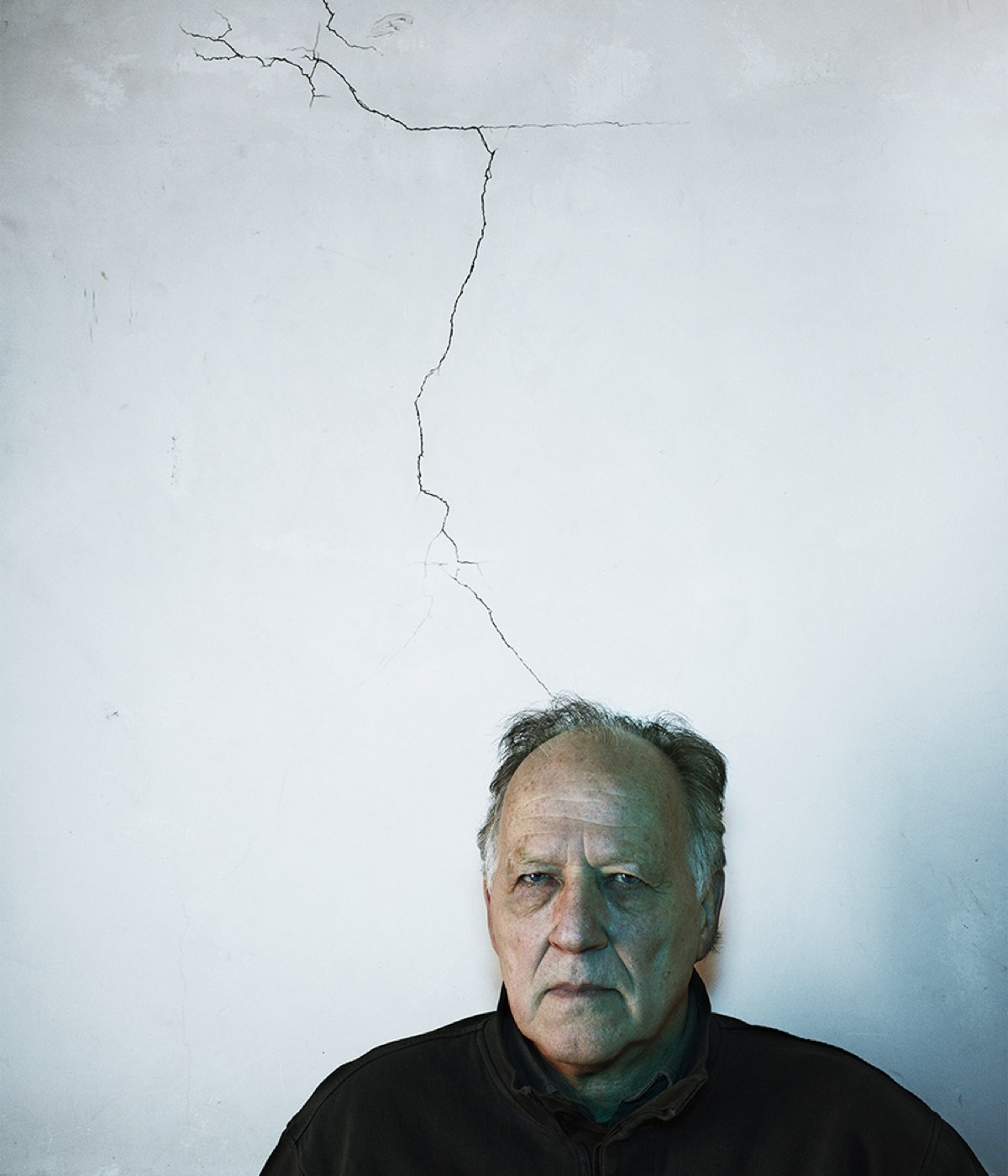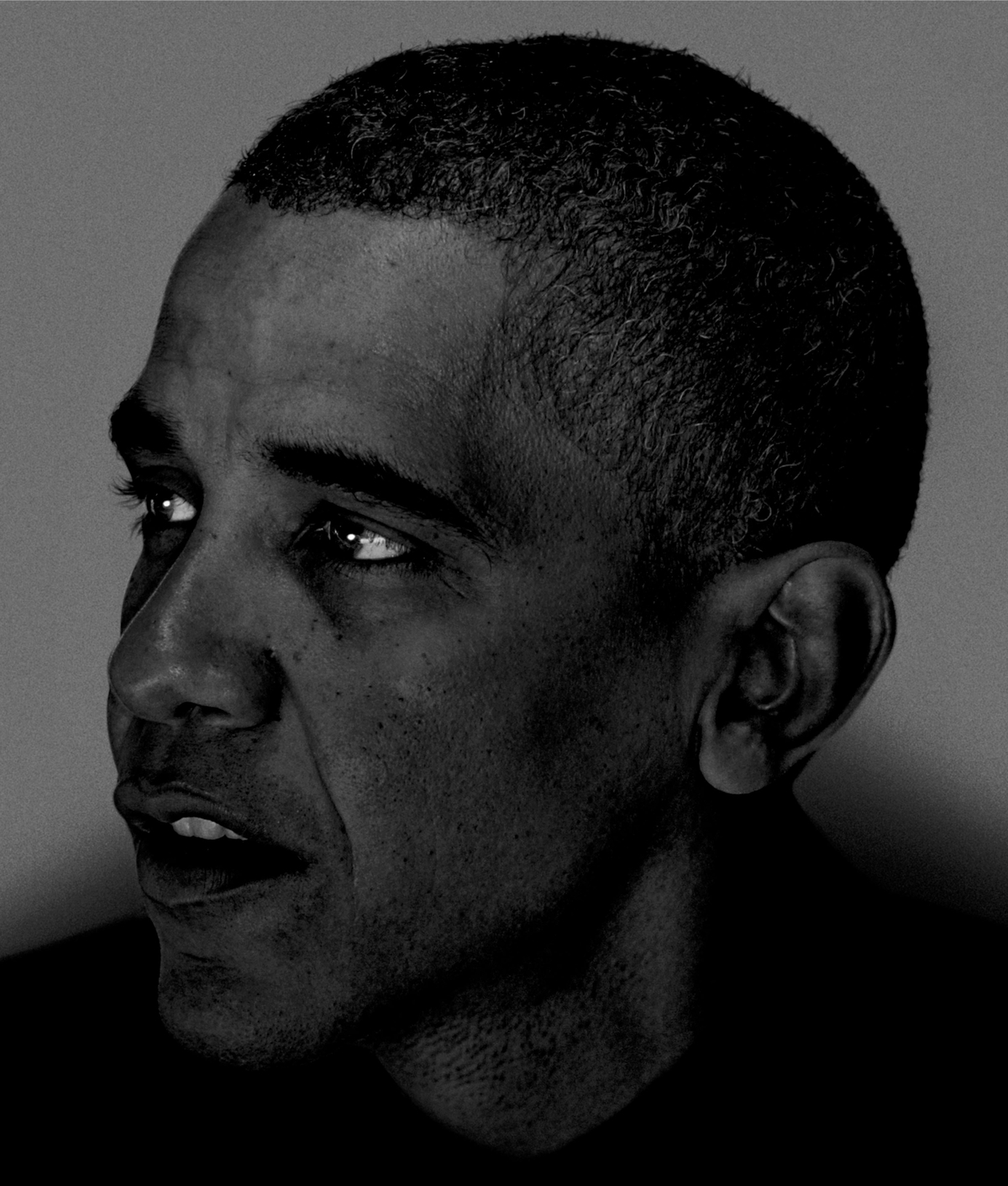We Homo sapiens are living through the beginning of a great upheaval. There may be profound implications for photography.
The past 10 years have seen a revolution in computer science. The age of artificial intelligence is now upon us. During the decades ahead, we will have to consider very carefully what it means to be human. When we look at each other through the lens of a camera, we might begin to see differently. More precious, perhaps, or endangered and transient.
Nearly twenty-five years ago a computer beat a grand master at chess. It was programmed with thousands of chess games. At every move, it rehearsed every possibility. But in 2018, a computer was given only the rules of the game and told to win. Nothing else. When it played, it made extraordinary and successful moves that no human had ever thought of. It reimagined the human game. Machine learning had arrived at its first blossoming. Where might this lead us humans?
Machine Dreaming
There is a vision that has haunted many different cultures for centuries. It is the Promethean dream of making an artificial version of ourselves. Just as the Christian god was once supposed to have made the first man out of clay, so we confront now the possibility of becoming like gods ourselves by making our own artificial humans. Nearly a thousand years ago in the great cathedrals of Europe, it was possible to find statues that wept on certain special days at the errors and sins of mankind. People stood amazed at this wonder—a painted stone figure coming to life! Now we know: concealed inside the statue was a tank of water with a goldfish. As it swam about, it pushed water along a hidden tube to the figure’s eyes.
In 2018, a computer was given the rules of chess and told to win. It reimagined the human game.
In the early 19th century a novel was published that became a foundational text. Mary Shelley’s Frankenstein tells the story of a scientist of that name who builds a man whom he brings to life with electricity. Frankenstein’s creature turns out to be a murderer. The tale has become a powerful metaphor for how the creations of science can turn against us.
We ourselves appear deeply inclined to project life onto inanimate things. A small baby will smile at the crudest drawing of a face. Who has not wanted to kick the car when it won’t start? As a philosopher said to me once, we are capable of forming an emotional relationship with a fridge. But now we see in our future the possibility of relating to plausible, intelligent humanoids of the sort that our fiction and movies have been playing with for many years. Our new cousins might first be playmates for children—already there are some simple versions on the market. They will play a role in looking after elderly people, as is already happening in Japan, where the population is aging fast. Technology has produced lifelike skin, eyes, and hair; there are now robots who can dance and—not so easy to compute as it seems to us—even catch a ball. It is much harder to devise software that can understand and use language without mistakes. Hardest of all is creating what’s known as general intelligence. But it will happen. The only question is when.
Head Start
It might not be as soon as many think. Without intending to, artificial intelligence has taught us just how wondrous the brain is—a
one-liter, liquid-cooled, three-dimensional biological computer. It contains about a hundred billion neurons, with an average of 7,000 inputs and outputs for each neuron. The number of connections between the neurons is beyond our imagining. And it all runs on 25 watts—the power of a dim light bulb. There is nothing in our current technology that comes anywhere near this degree of miniaturization, and all achieved without overheating. We don’t even yet have an efficient way of storing electricity. The clumsy robots you see on the Internet are usually attached to a power line.
And chess is not the same as life. Chess is a closed system. There’s no doubt about the history or present state of any particular game. Nor is there any doubt about the end of the game. Life, on the other hand, is an open system—unpredictable at every level. Language too is an open system. To understand a sentence we have to bring prior knowledge of the outside world. Context is everything when it comes to understanding words. For now, we are safe.
But it will happen; those humanoids are coming. We will have to think again what it means to be human. And when we look into the faces of our new friends, we might see a reflection of something beyond ourselves. What will it mean, to photograph a robot face? Will it ever come near the infinite variety and expressiveness of the human face?

